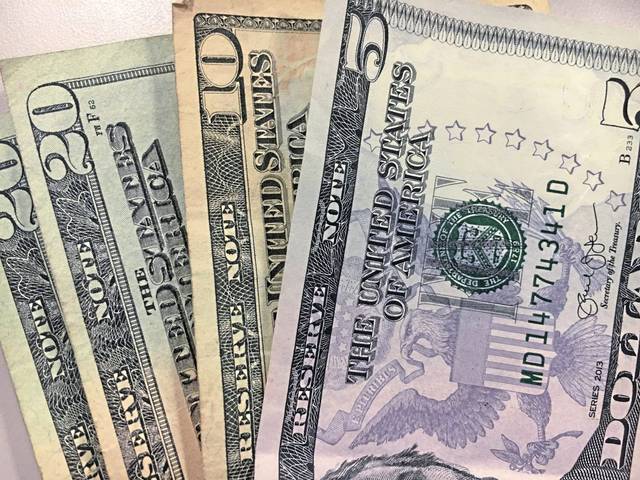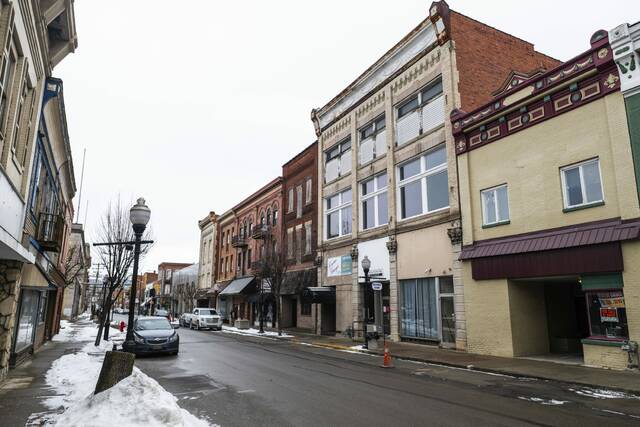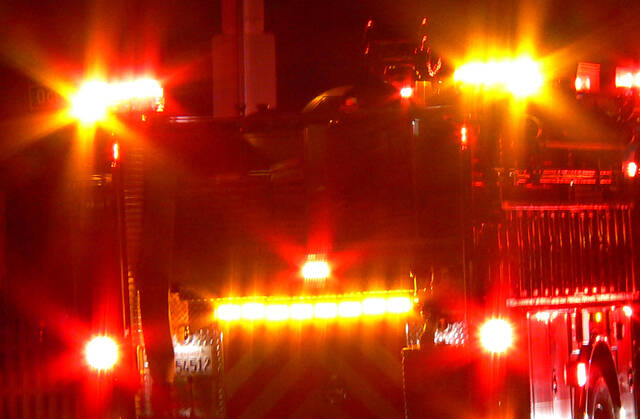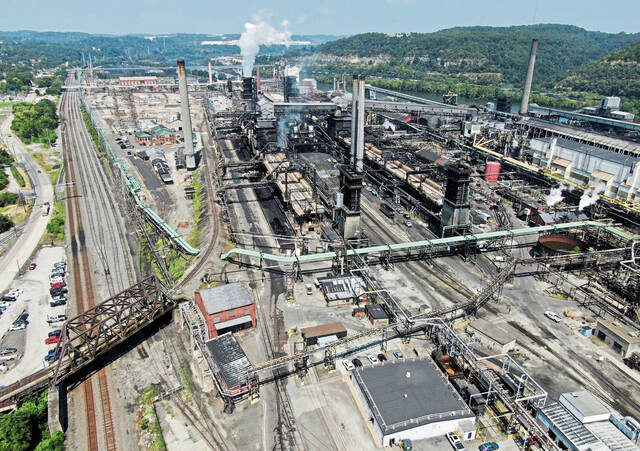If Congress makes drastic changes to the $600-a-week program that has delivered $14.5 billion to the state’s unemployed since the covid-19 shutdowns in mid-March, thousands of Pennsylvania’s jobless workers may not get any extra federal aid for months, a state labor official said Monday.
With the state’s unemployment compensation system set up to distribute the $600 checks through the Pandemic Unemployment Compensation program, any drastic reduction to the payments or altering the aid to a percentage of a worker’s regular compensation could mean the state would have to review all of those filed claims, said Labor & Industry Secretary Jerry Oleksiak. The state has received close to 3 million claims since mid-March, Oleksiak said.
“It could take months” to manually review all of those claims, Oleksiak told reporters.
Some jobless workers complained they have waited months to get any state unemployment compensation. The state has resolved 93% of the claims filed during the pandemic, either paying the claim or denying it, Oleksiak said.
The extra $600 a week benefit expired with the week ending July 25. Democratic leaders were to meet with Republican officials in the White House on Monday night to try to reach an agreement with Senate Republicans over differing covid-19 packages. The House Democrats passed a $3 trillion covid-19 relief package in May that maintains the $600 a week compensation, but the Senate put a cap on the enhanced unemployment insurance at 70% of a worker’s wages, coupled with another $1,200 stimulus check that is based on household income.
The loss of the $600-a-week extra aid sent to the seven-county Pittsburgh region’s 120,000 jobless would mean the loss of almost $300 million a month that is pumped into Western Pennsylvania’s economy, said Chris Briem, an economist with the University of Pittsburgh’s Center for Social and Urban Research.
“Most of that money is spent in the region,” Briem said, and the bulk of that money likely is going toward housing, food and transportation costs.
Without the $600 a week from the federal government, the percentage of those not able to make their rent payments will likely rise from the 20% to 25% of jobless who could not make their housing payments in April and May, said Risa Kumazawa, associate professor of economics at Duquesne University’s Palumbo-Donahue School of Business.
The federal aid they will not get if the $600 check is eliminated “creates an extra burden” on their household, Kumazawa said, at a time when there is a surge in covid-19 cases, which could result in more restrictions on the economy.
The $600 check is critical because the state’s regular jobless benefits are only 50% of a worker’s weekly wages, said Barney Oursler, director of the Mon Valley Unemployment Committee, which assists the jobless from its Homestead office.
“That’s the punishment for going on unemployment,” Oursler said. Even if the $600 weekly check raises a worker’s income above what they made on the job, “they should not be punished for (working) a poor job in this economy,” he added.








